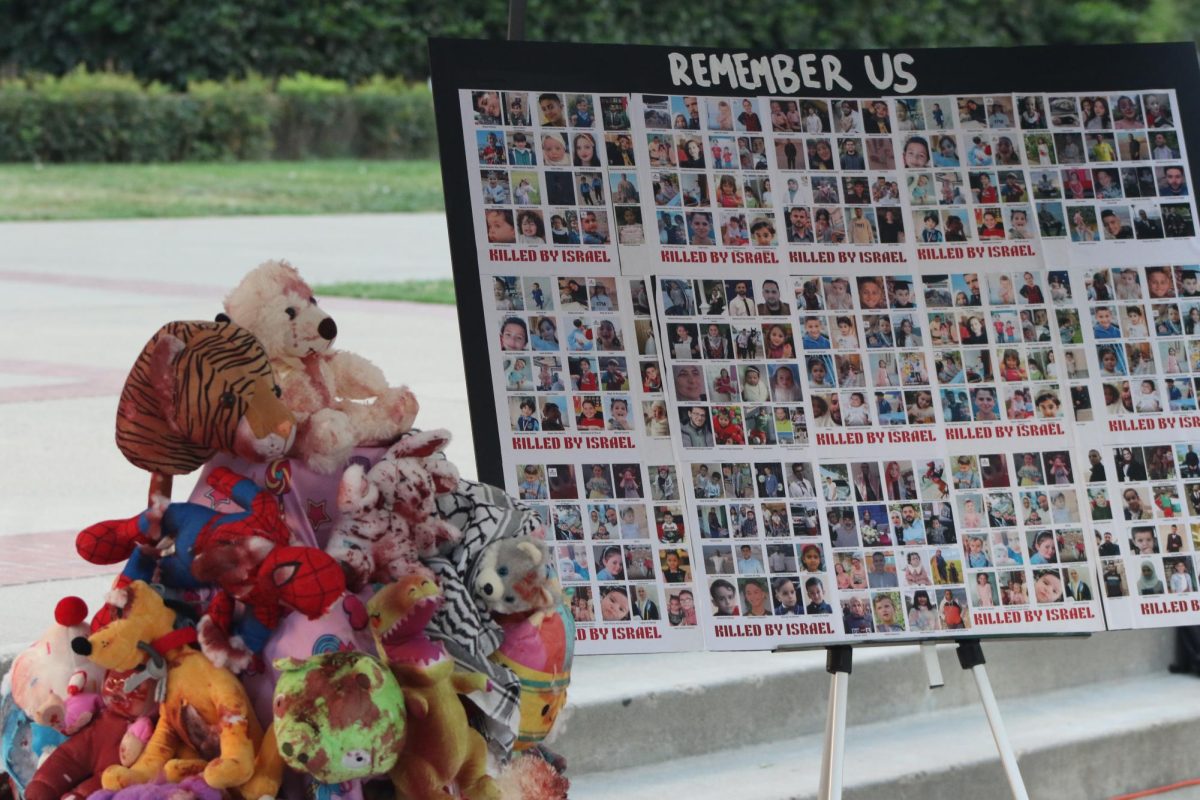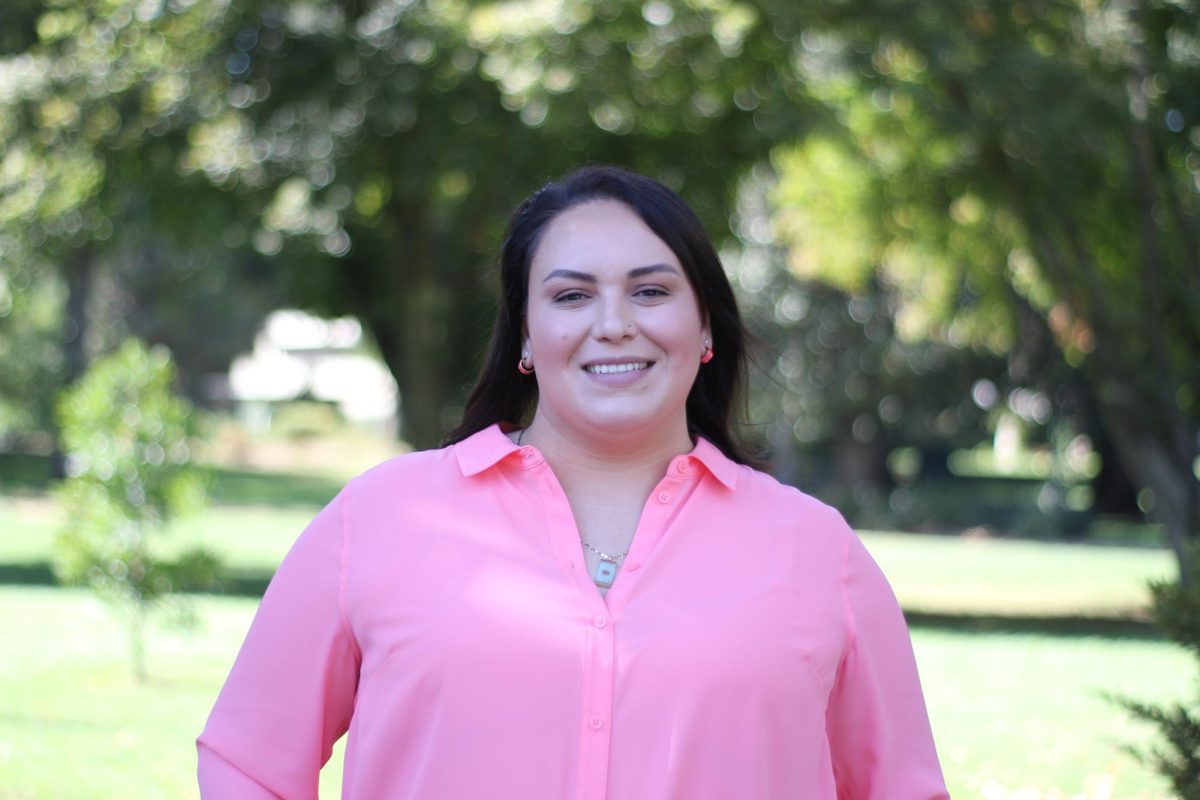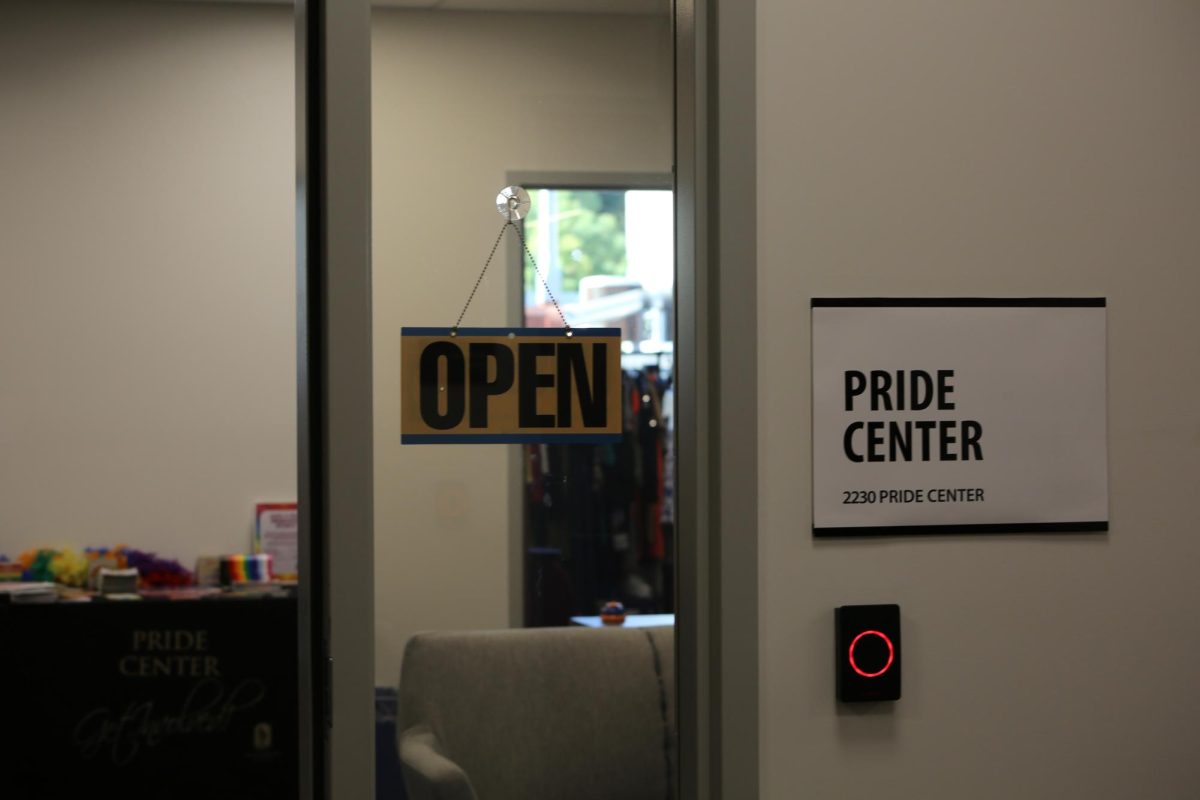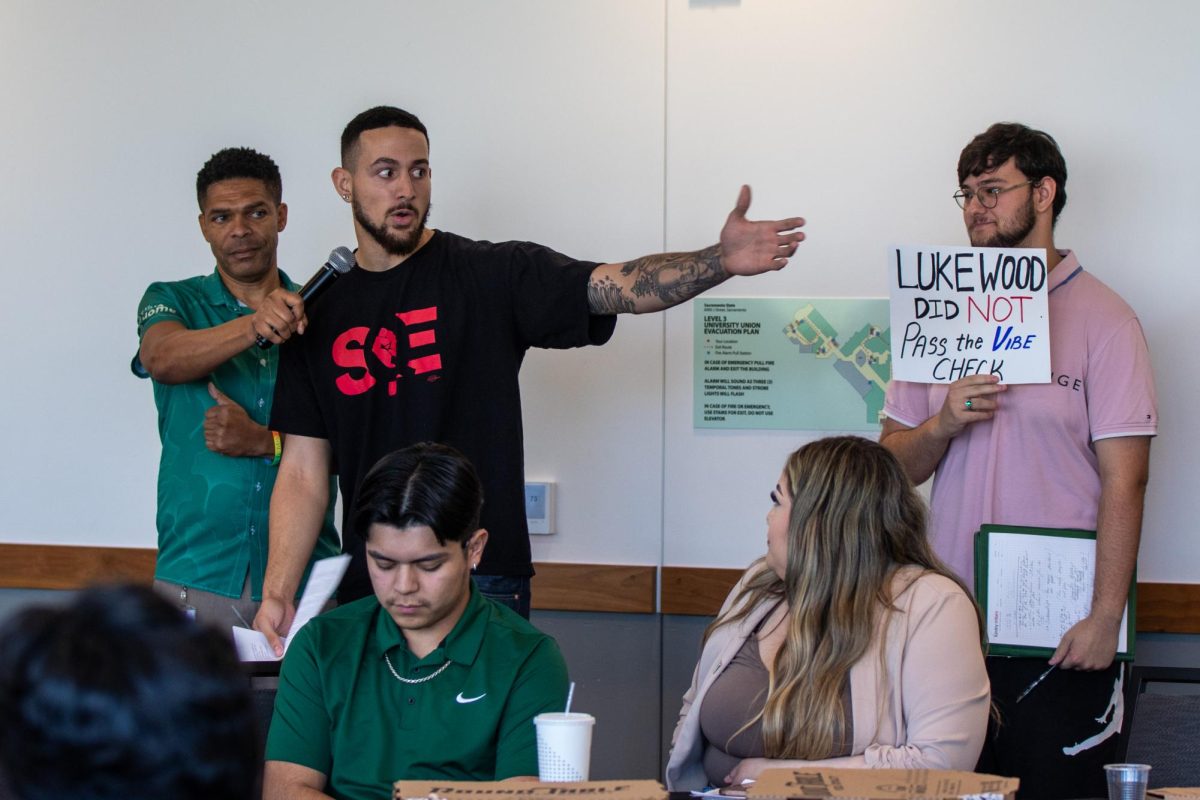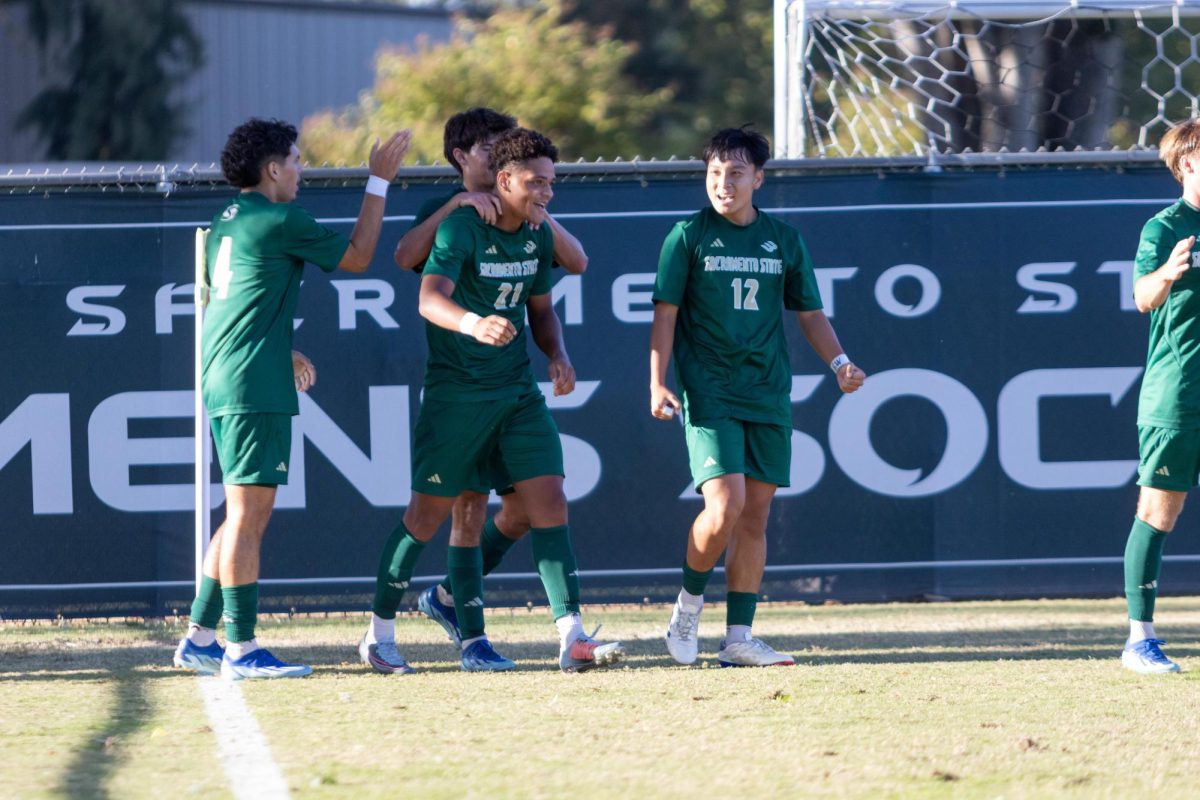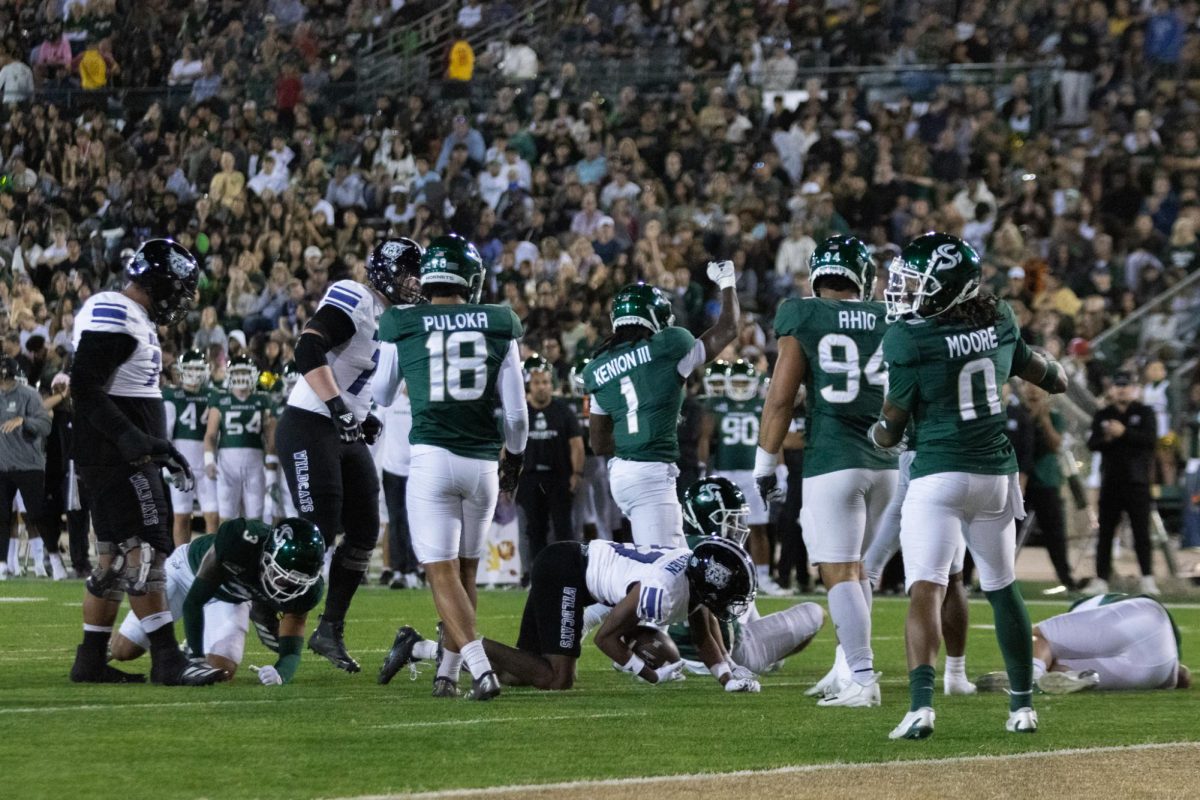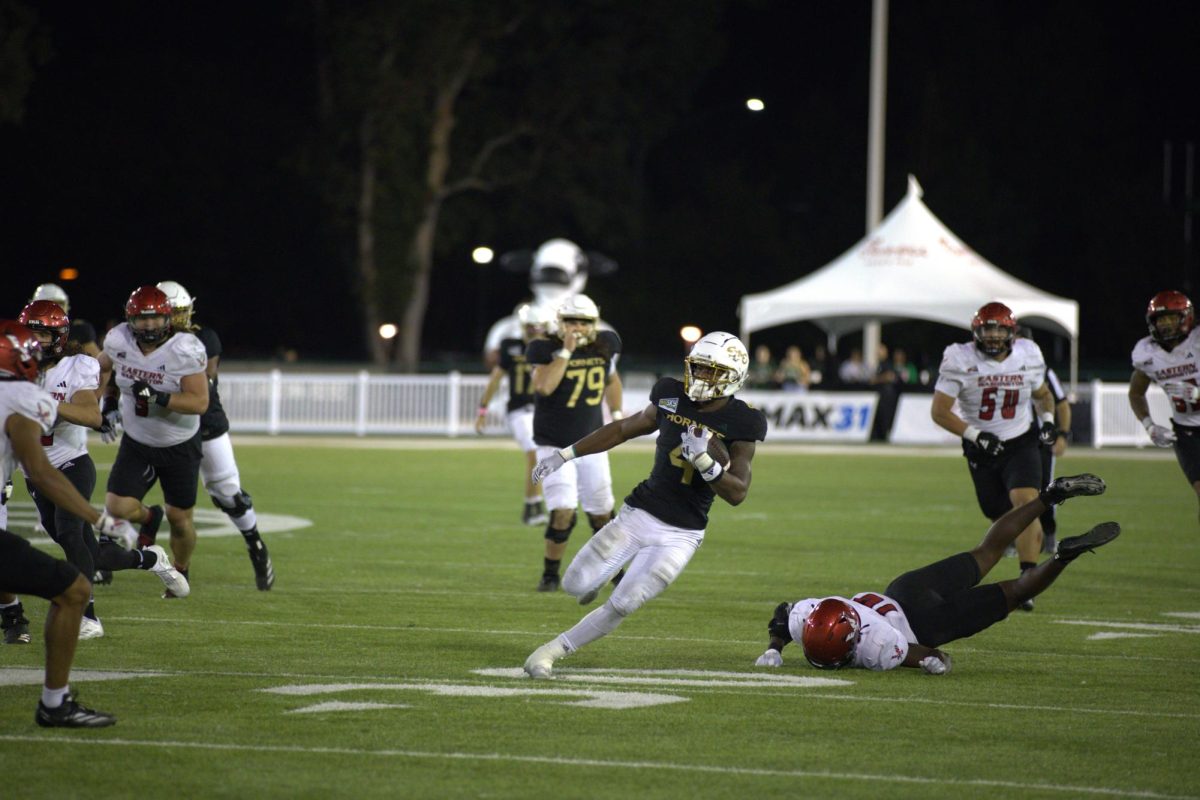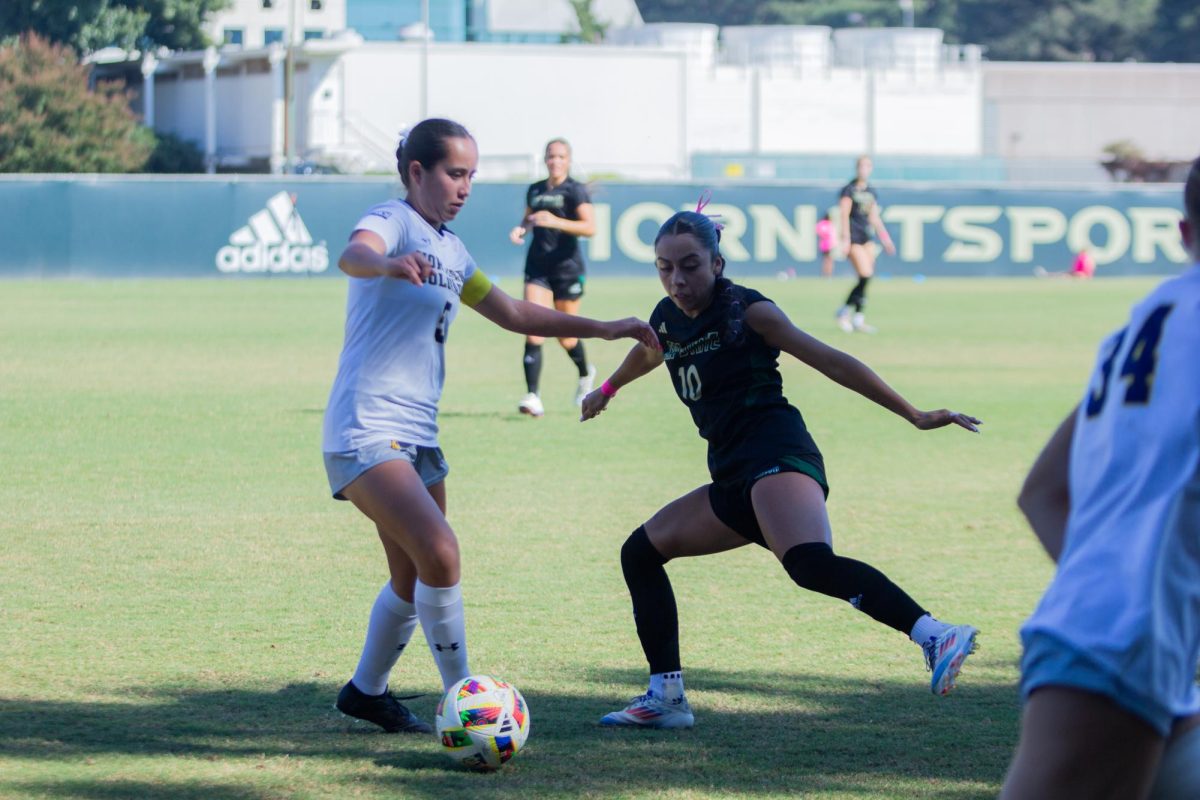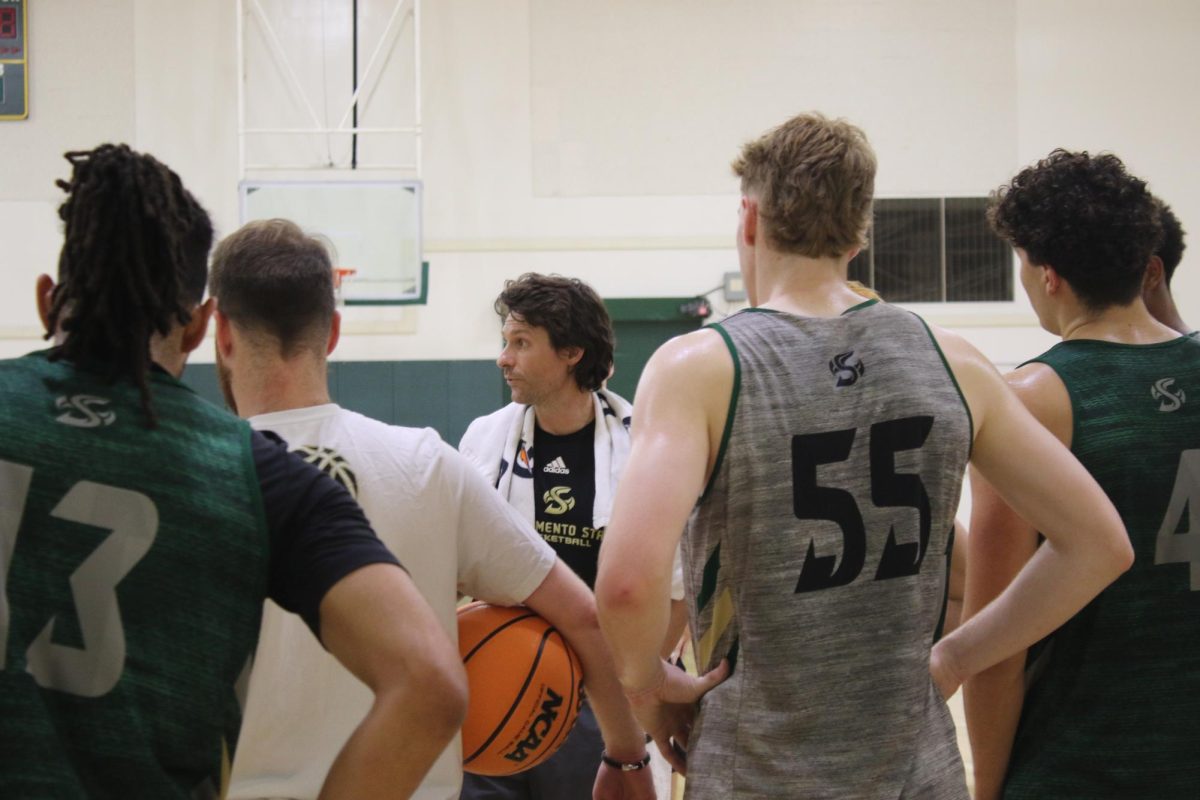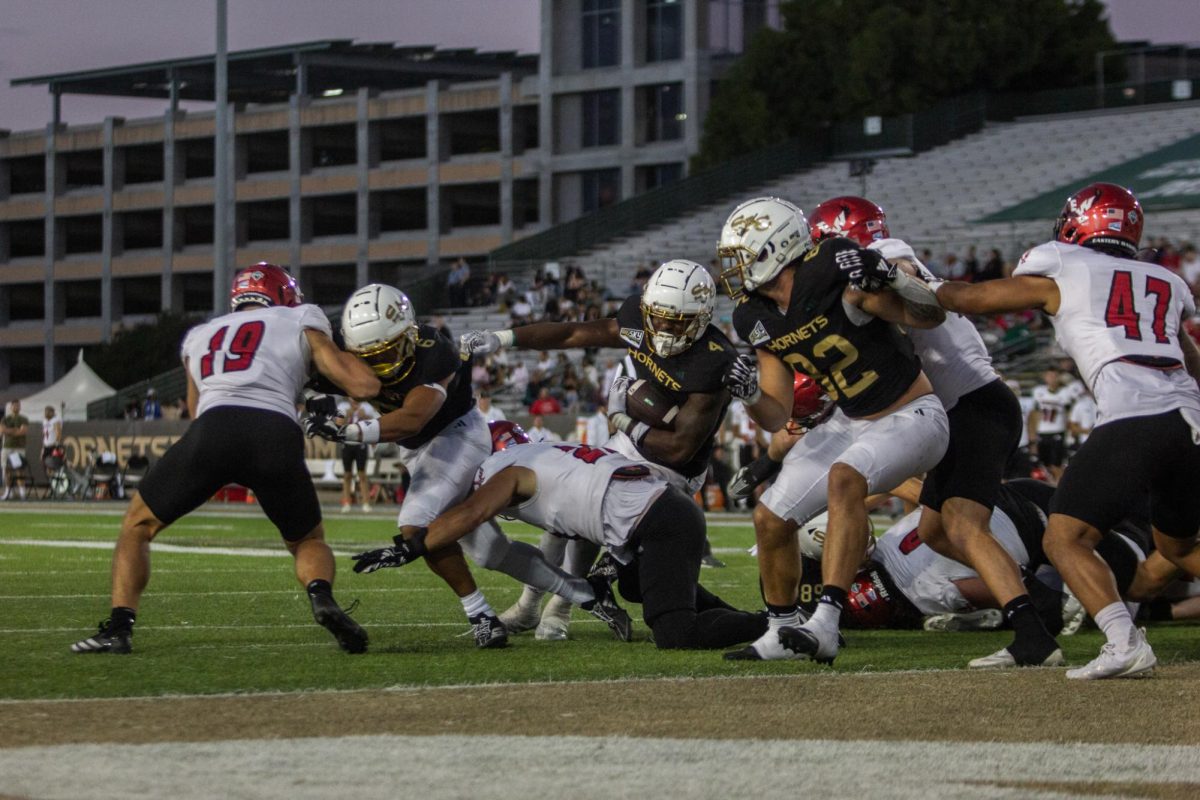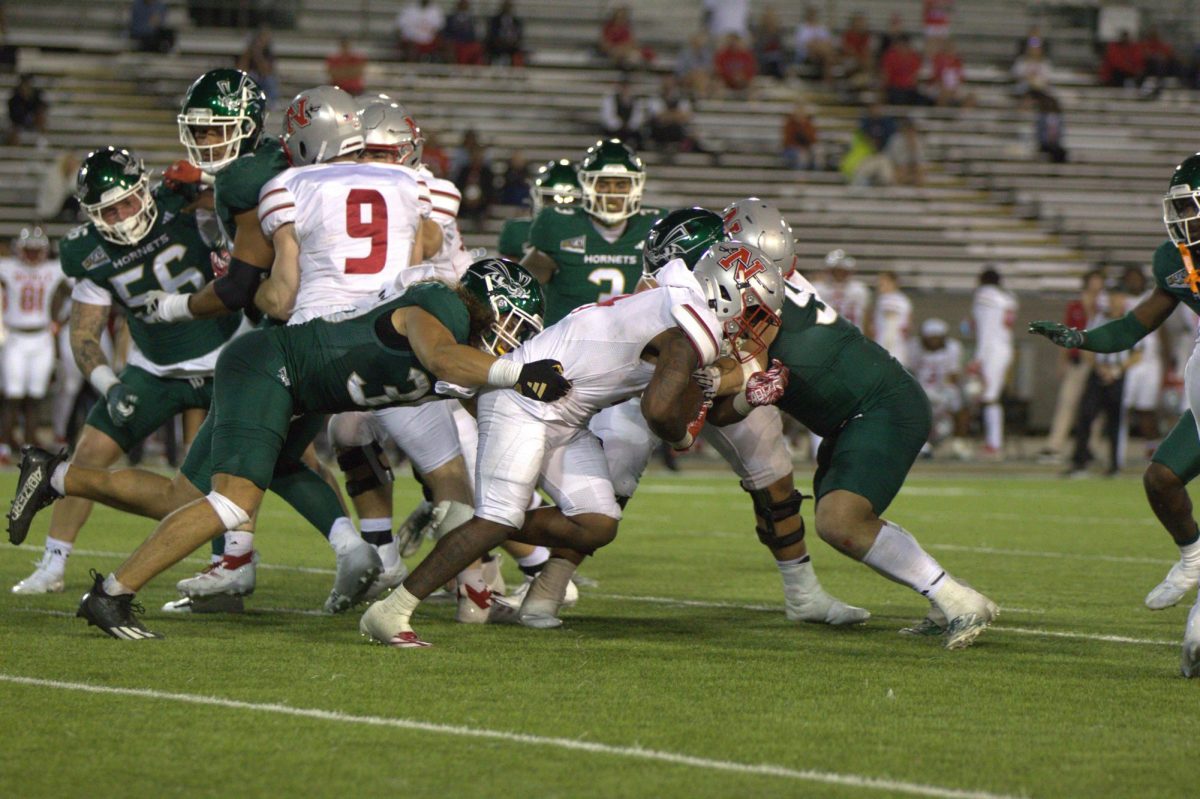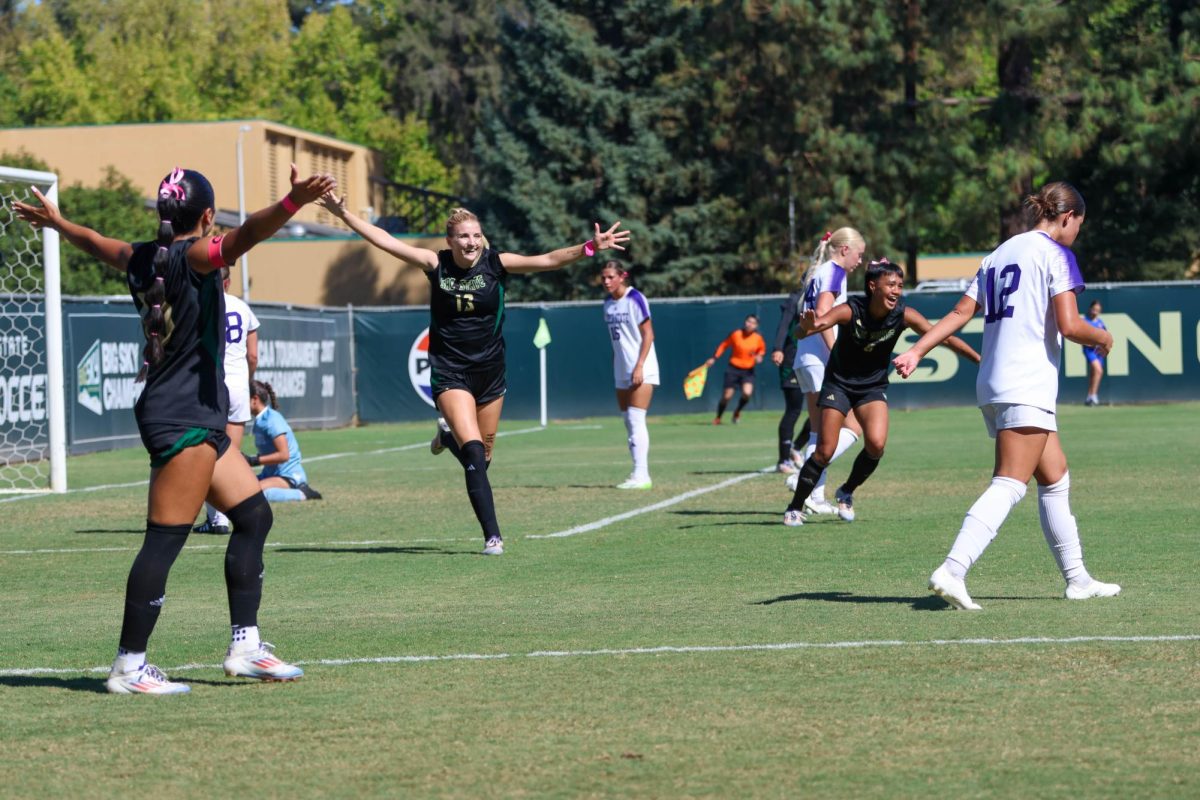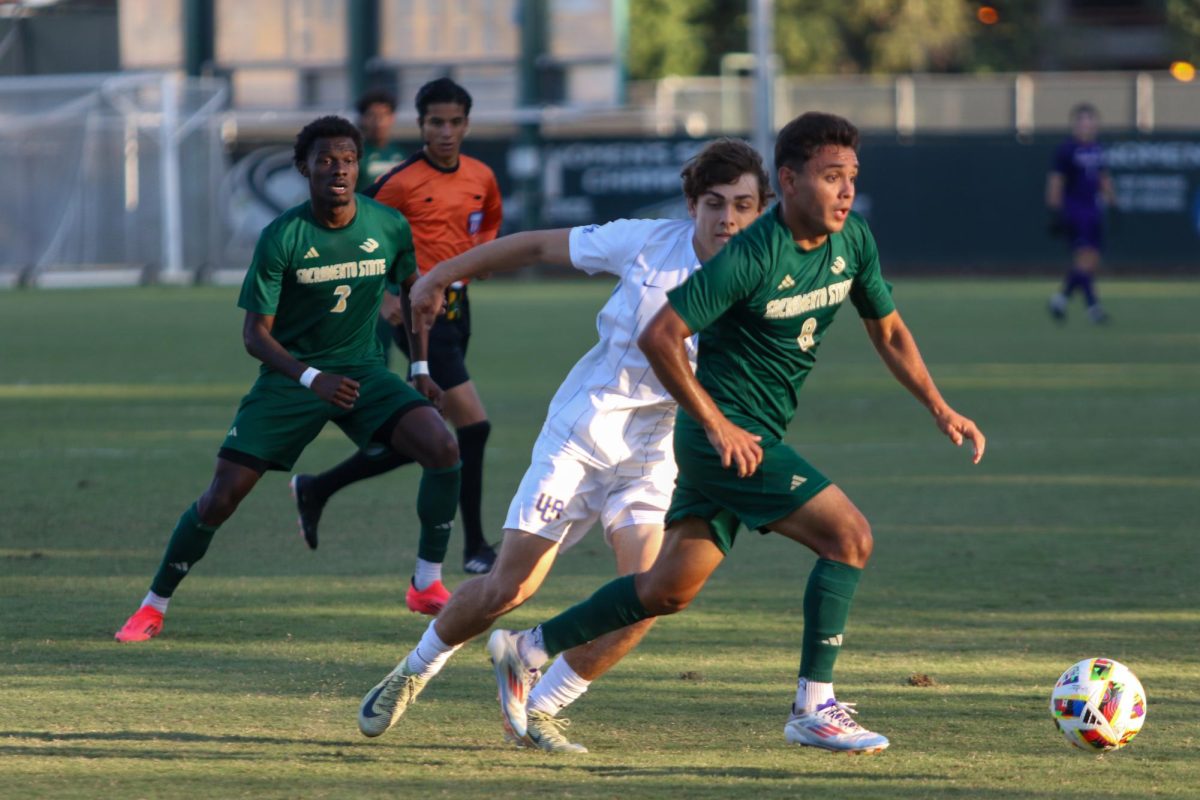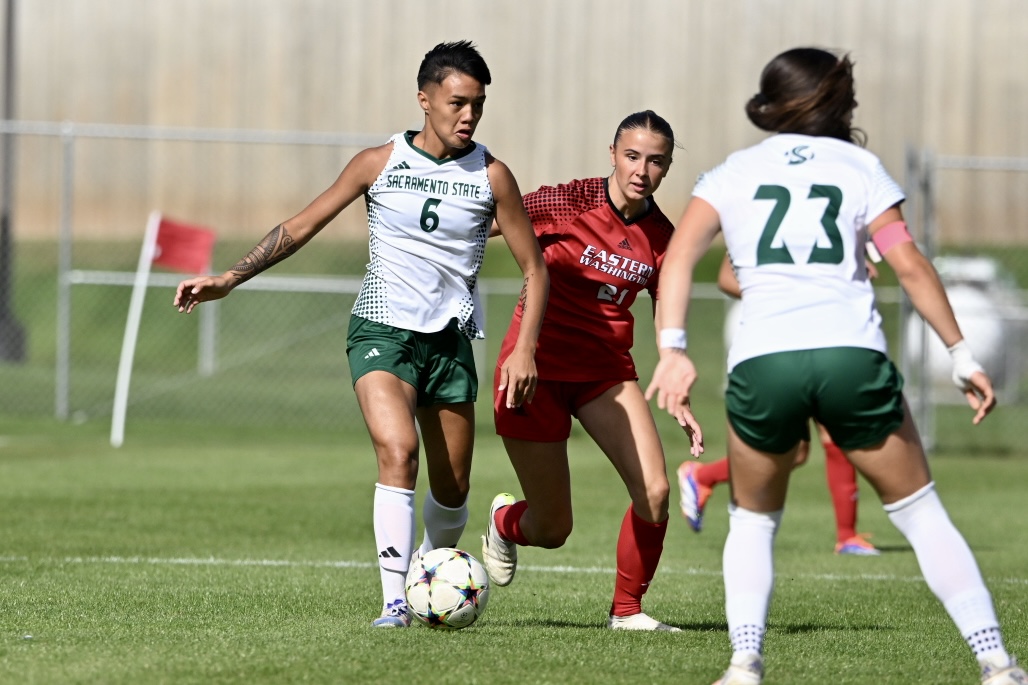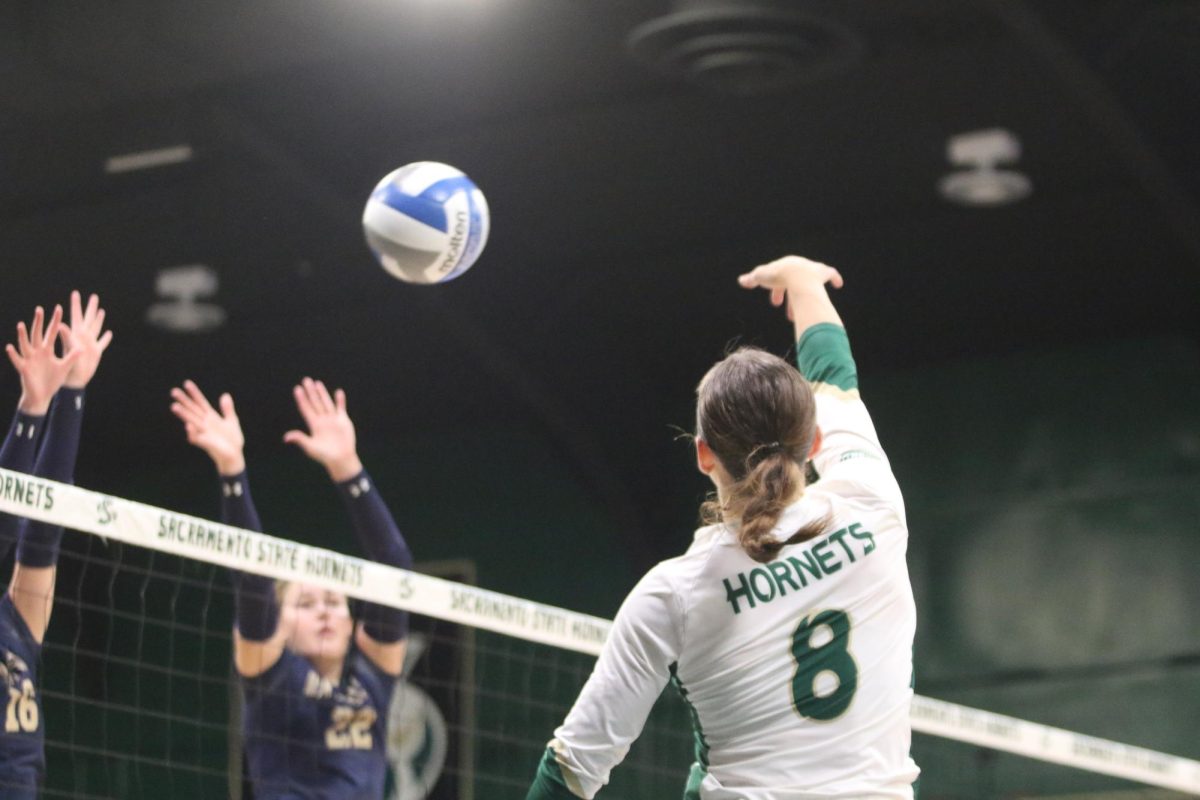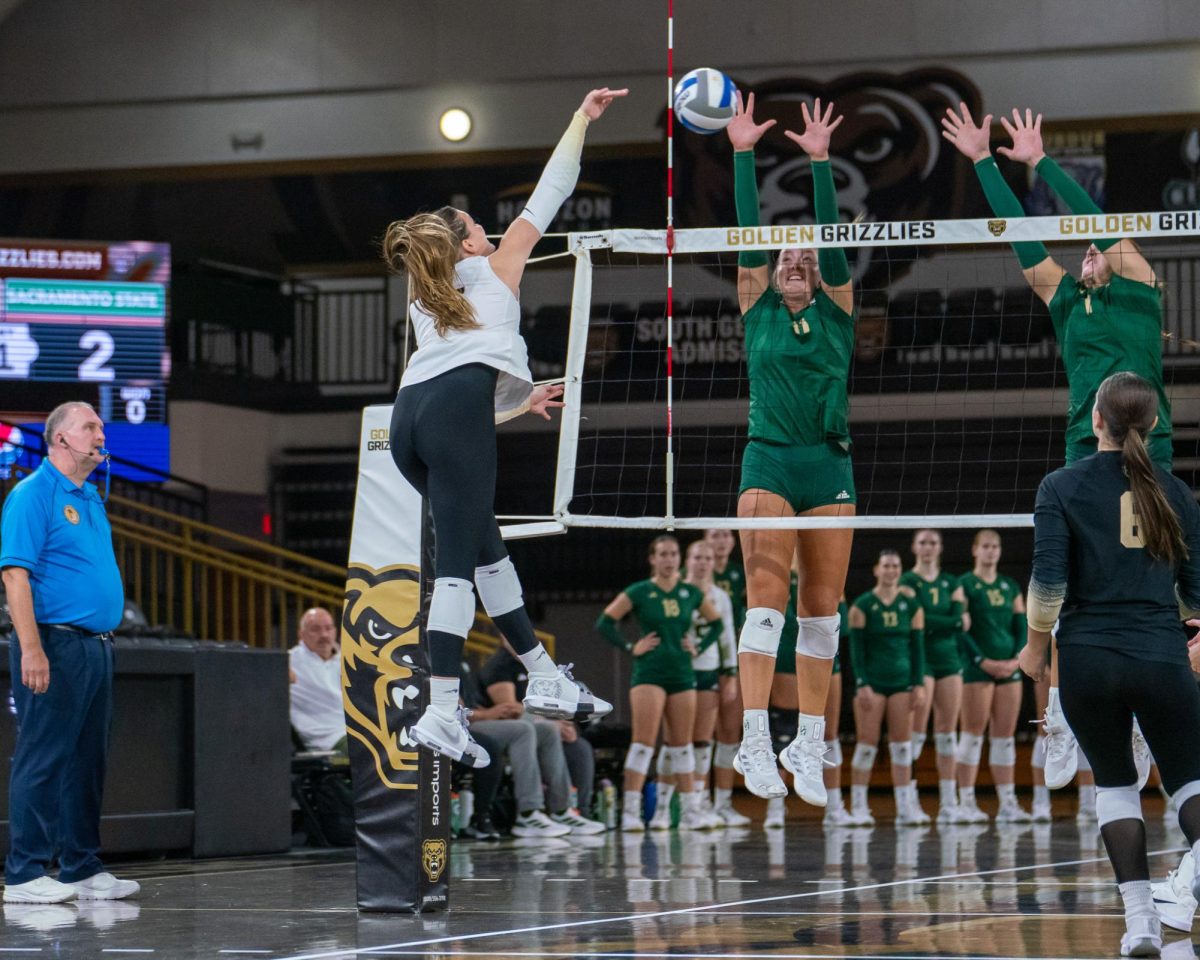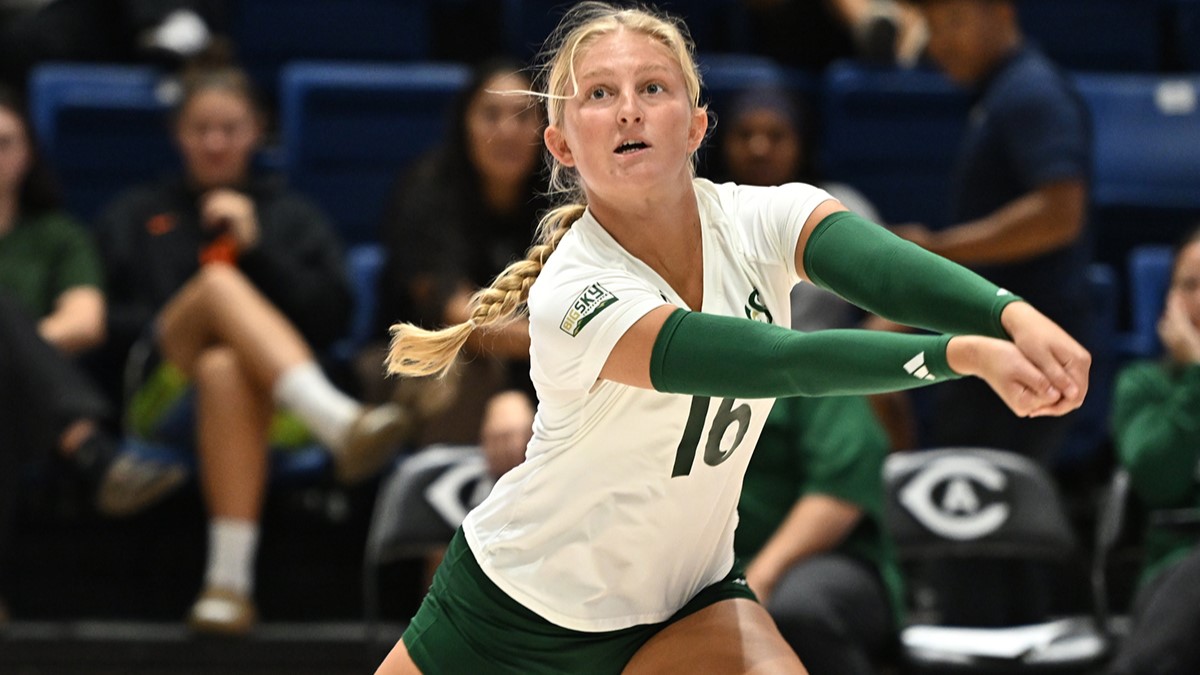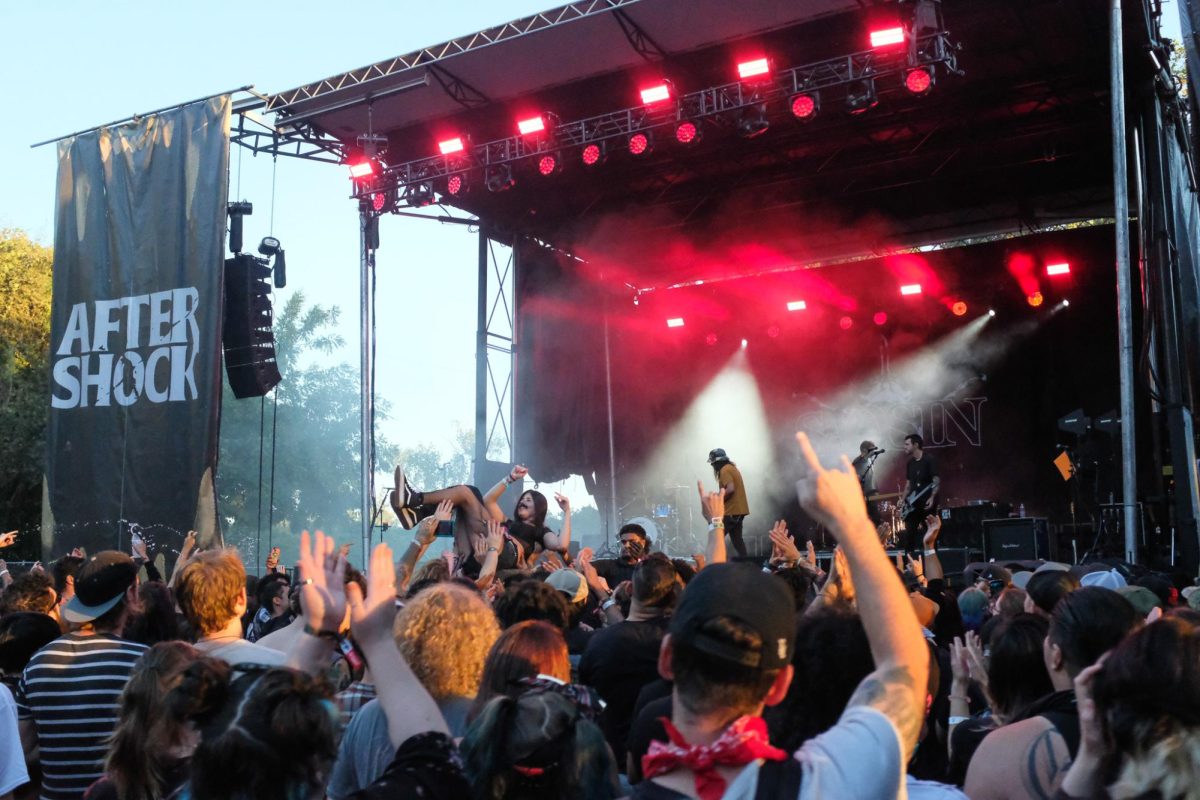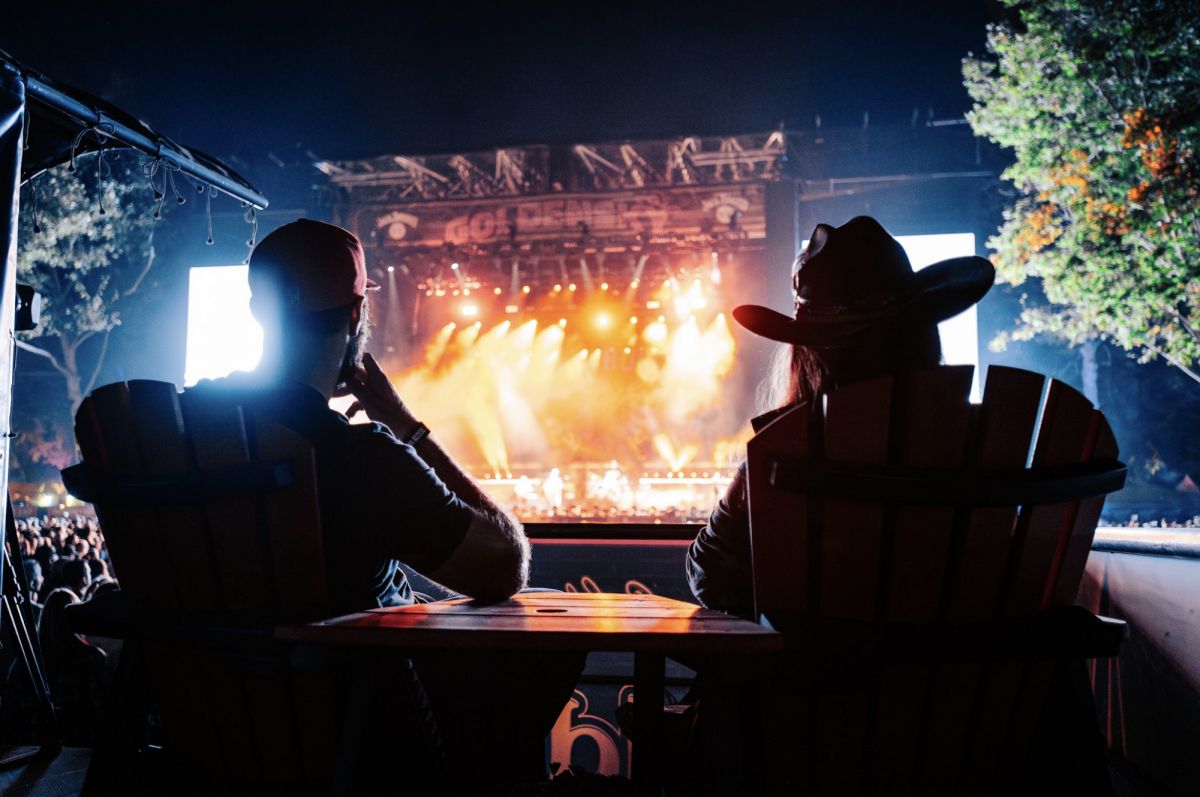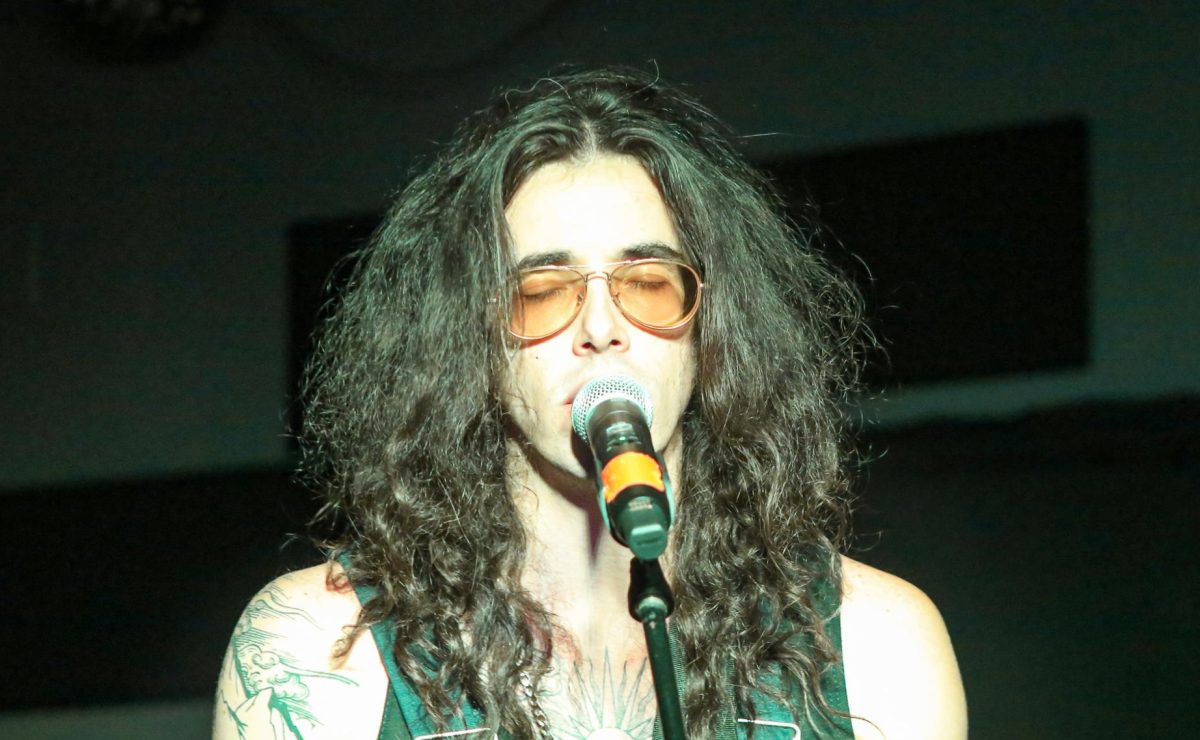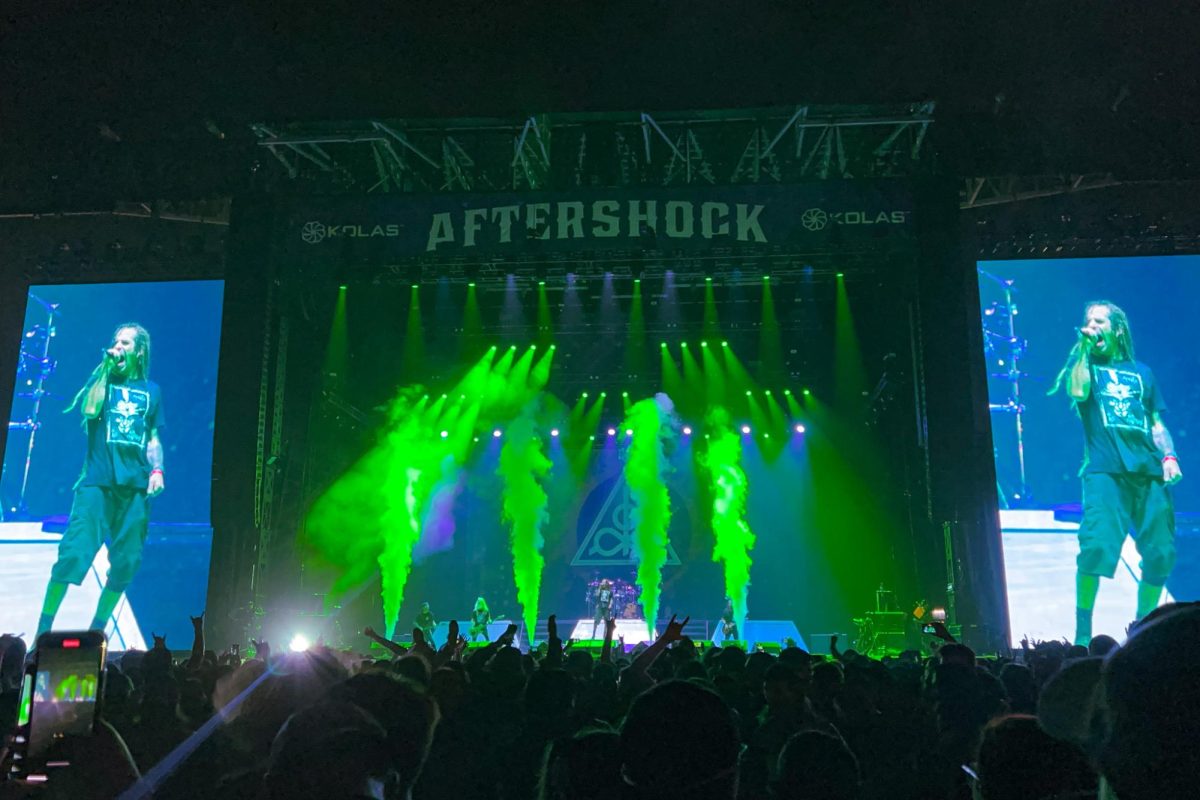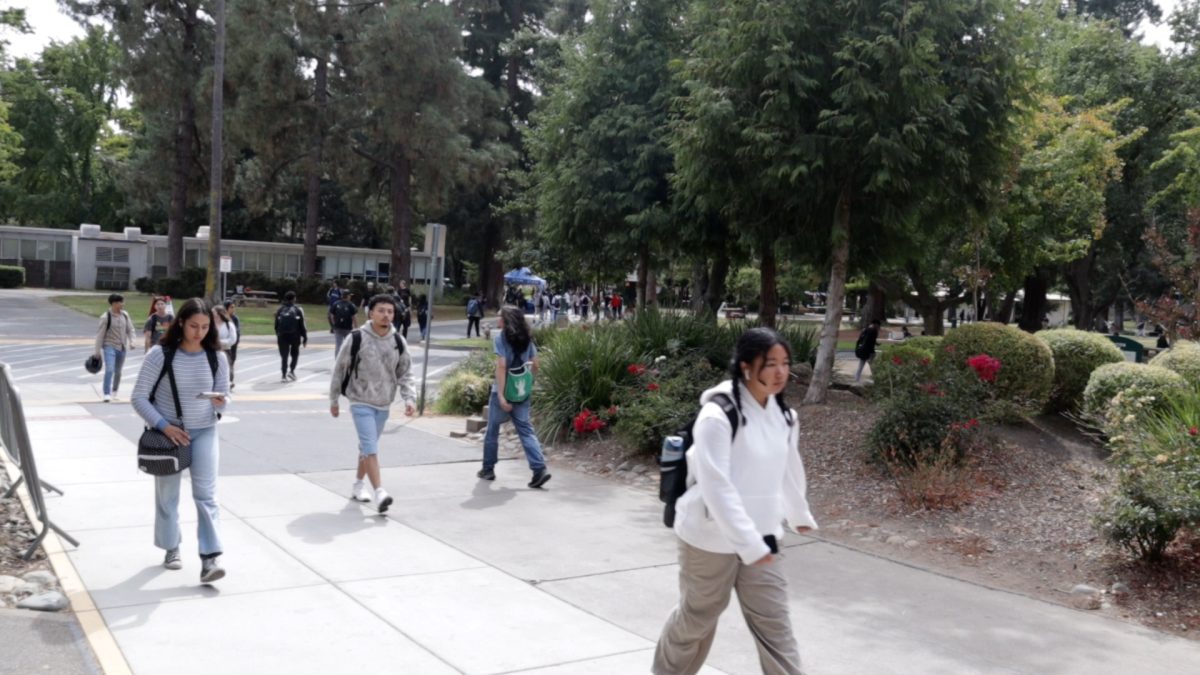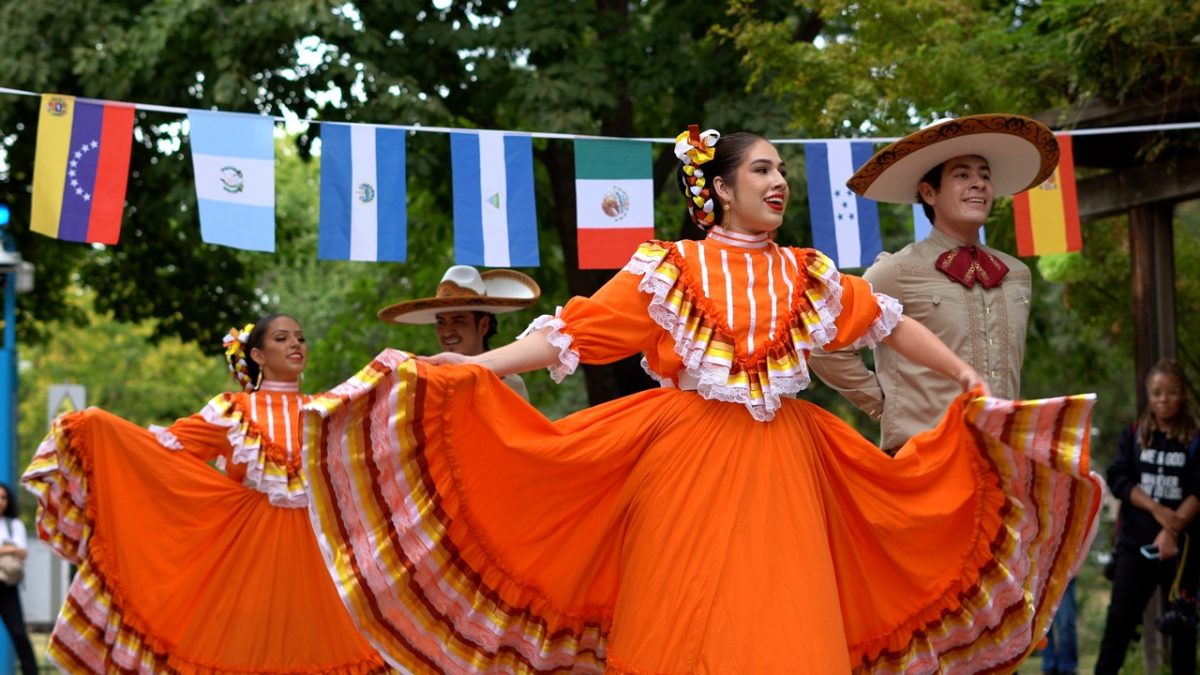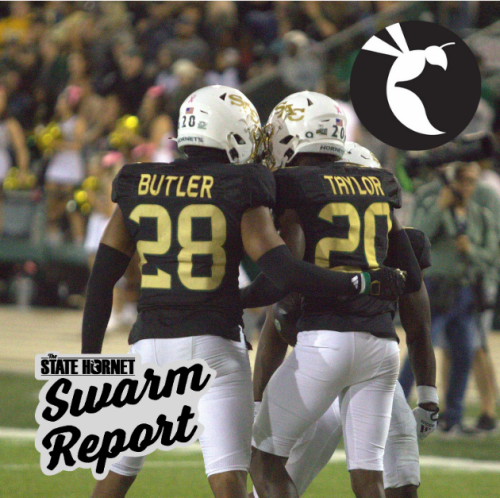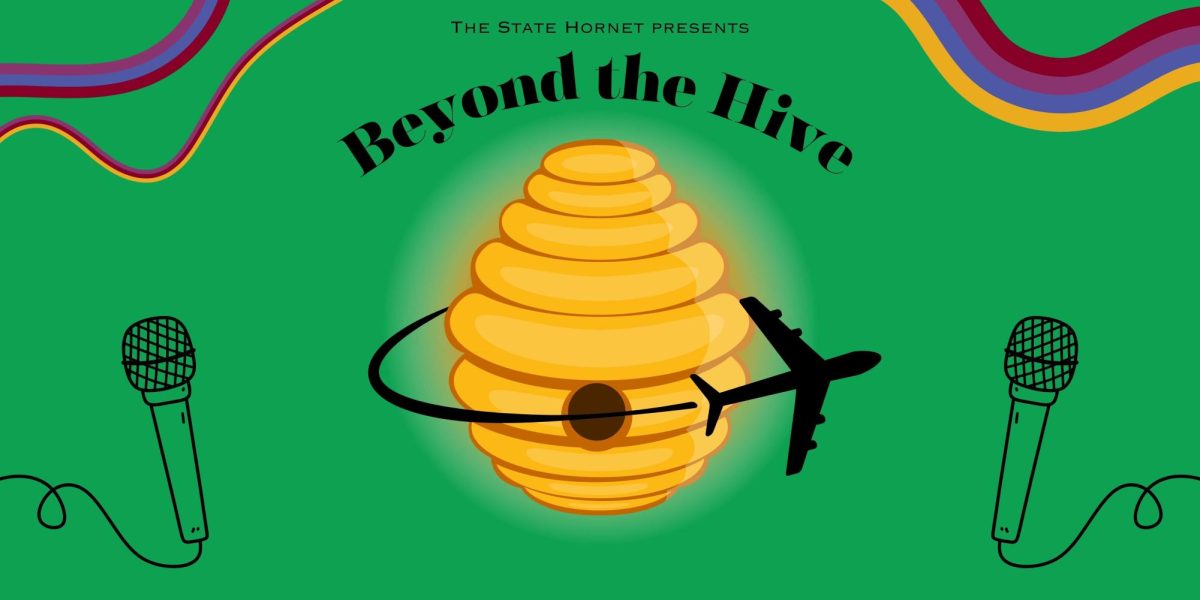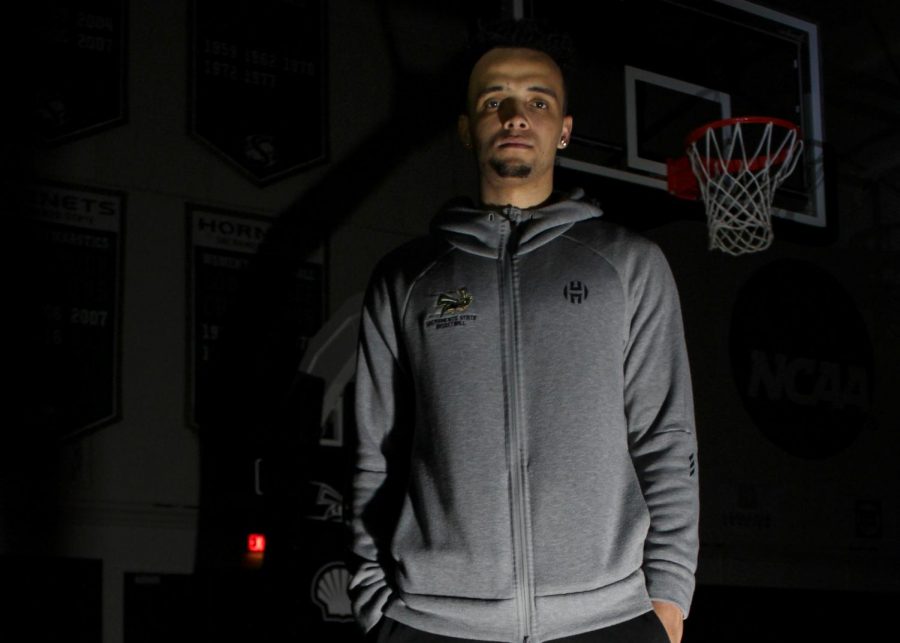Senior guard having career year after return from back surgery
Marcus Graves is focused on the here and now — winning the Big Sky Conference tournament
Emily Rabasto - The State Hornet
Sacramento State senior point guard and co-captain of the men’s basketball team Marcus Graves returns to the court for his final season after a back injury he suffered in 2017. Graves spent the entire 2017-18 season recovering from a surgical procedure he underwent to fix a herniated disk.
Co-captain and point guard of the Sacramento State men’s basketball team, Marcus Graves had played in 62 consecutive games since 2015 and was a member of the Hornet’s 21-win team during the 2014-15 season.
But a nagging pain in his lower back would later be diagnosed as a herniated disc, which would lead to surgery and a medical redshirt designation, causing him to miss the entirety of the 2017-18 season.
“Man, I was devastated,” Graves said. “Just all the work I’d put in through the summer leading up to the season, and essentially know that it had gone to waste. I’d have to sit out.”
For someone who had played the game as far back as he can remember — void of any physical interruption — it was a setback that presented a handful of new challenges.
Head coach Brian Katz let Marcus know that despite the injury, his presence was vital.
“You know, we told him, ‘You’ve got to be an assistant coach. You’ve been here three years. We’ve got young players and we need you to help bring them along,’” said Katz.
It was a contribution that did not go unnoticed by teammate Izayah Mauriohooho-Le’afa.
“I think it was a bonus,” Mauriohooho-Le’afa said. “He got to see what he wouldn’t really see when he’s playing. He was always with us, he was always encouraging us, doing everything he could. I know he wanted to be out there but unfortunately, he couldn’t.”
Despite being sidelined, Graves stayed involved, giving him a community to help motivate his comeback.
“Instead of just sitting at home and feeling sorry for myself. It helped me to help other guys, and still be around the game,” Graves said. “I think that helped me a lot, in terms of my rehabbing and getting back on my feet.”
According to trainer Kaiti Bolles, it wasn’t any one incident which sidelined Graves, but a gradual wear and tear.
For anyone who has watched him play, wear and tear shouldn’t come as a surprise.
RELATED: Marcus Graves records first triple-double in Sac State history
At times, Graves seems more cannonball than point guard, slashing into the paint and hurling himself towards opposing big men, with little fear of getting lost amongst the trees.
It’s a tenacity that Graves carried into his rehabilitation.
“He’s the athlete you would want to work with every day, because on hard days, he came in ready to work,” Bolles said. “Even if he was frustrated not being out there on the court with his teammates, he never let that get in the way of what he needed to do from a treatment and rehab standpoint.”
Working alongside Bolles and staff members from Results Physical Therapy and Training Center, Graves had to start from scratch.
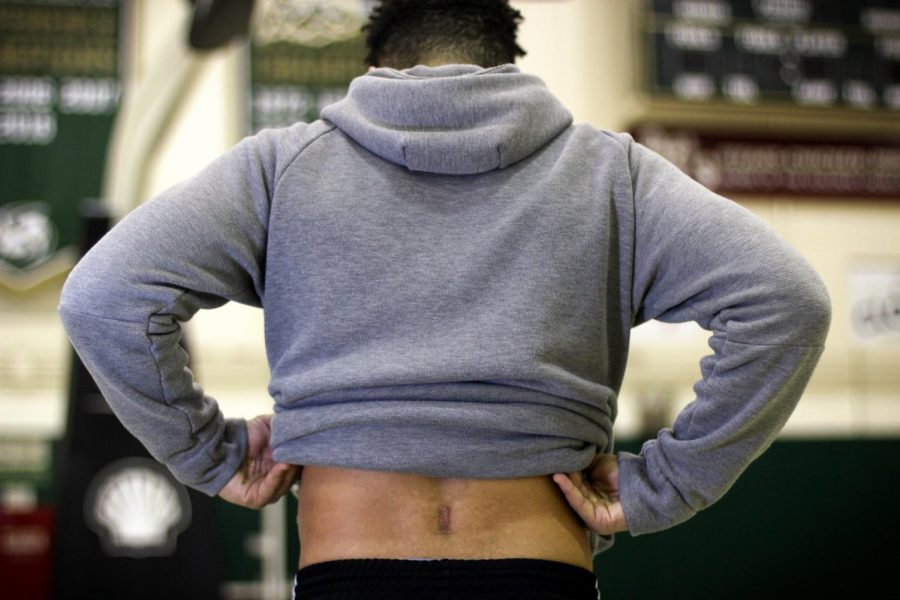
“I literally had to sit and do nothing for six to seven months, so I lost all my conditioning, all my muscle. All that,” Graves said. “So just getting that back as well as trying to work on my basketball game, just my skills and that. That was grueling.”
For the first few months, the sessions between Graves and Bolles focused on his core and lumbar spine stabilization. The game would have to wait.
According to Bolles, the nature of the injury required a vigorous yet cautious approach. Graves’ input was necessary in articulating his scale of pain and progress along the way.
He had to move prudently to return to the court, but once there, had to dispel inhibition from his game.
Graves’ regular season return came against the Simpson University Red Hawks on Nov. 9, 2018.
“When I first got back, you know, even just rehabbing, I was kind of hesitant on making a few moves or going full speed,” Graves said. “I just wanted to be careful at first, but once I gained confidence, like even now I don’t think about it at all. Sometimes I forget that I even had surgery. I’m 100 percent confident in it now. I’m good.”
Against Simpson, Graves recorded 12 points, 10 rebounds and 11 assists, notching the first triple-double in program history and making him one of 20 men’s D-1 players to have done so this season.
“It was funny. I didn’t even know. I don’t really pay attention to stats during games,” Graves said. “I didn’t realize I was close or anything like that. But it felt good. It felt like I was kind of getting myself back, getting my rhythm back.”
Graves gets the go-ahead layup to put Sac State up 56-55. Aggies fail to score on the other end leading to UC Davis having to fail Patton with 1.4 seconds left. Patton goes to the line for two free throws. @SH_Sports pic.twitter.com/iM0r7AJvjL
— Shaun (@Holkko23) November 21, 2018
For someone with little regard for statistical accolades, Graves has made a habit out of collecting them.
During a Jan. 3 contest at Montana State he became the 16th player to join Sac State’s 1,000-point club.
He is also currently tied as the Big Sky Conference’s leader in assists at a rate of 5.3 per game, a career-high.
It’s been roughly a year since Graves resumed basketball related activities. The bit of scar tissue on his lower back is glossed in a way that reveals the recency of his trauma.
But as he heads towards the latter half of his final season, he remains concerned with the here and now.
“We just have to continue to get better,” Graves said. “Our biggest problem is just being consistent. Some games we have really high highs and really low lows. Knowing that we can beat anybody on a neutral court in Boise — that’s our biggest thing. Not to say that we can’t win the conference, because I think we can, but all that matters is the tournament. That’s all we’re focused on.”
Your donation will support the student journalists of Sacramento State University. Your contribution will allow us to purchase equipment and cover our annual website hosting costs.



